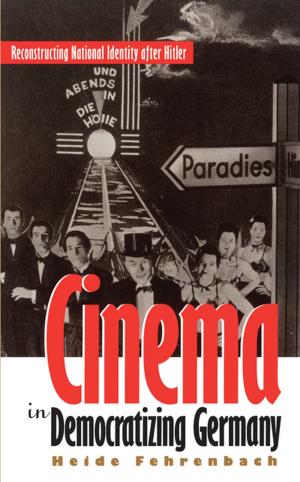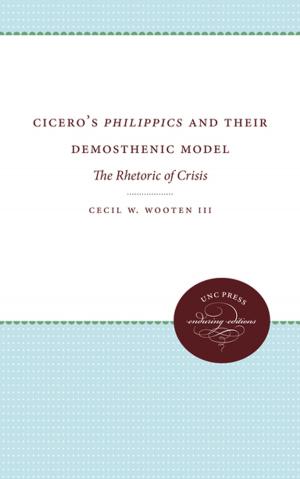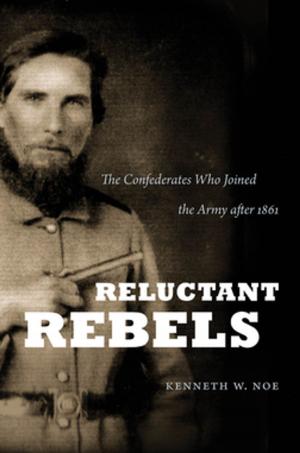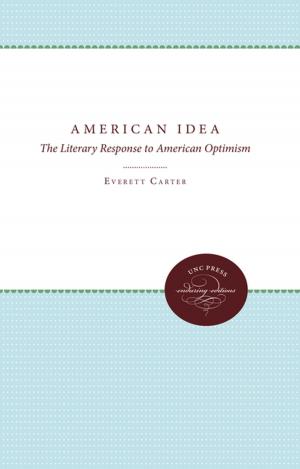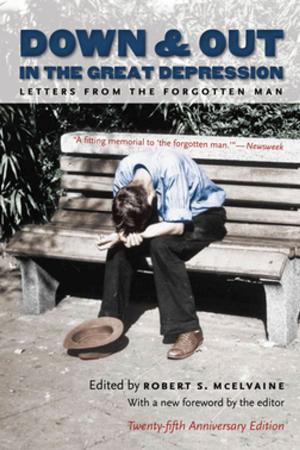Redeeming America
Piety and Politics in the New Christian Right
Nonfiction, Religion & Spirituality, Christianity, Church, Church & State, Social & Cultural Studies, Political Science| Author: | Michael Lienesch | ISBN: | 9781469617237 |
| Publisher: | The University of North Carolina Press | Publication: | April 15, 2014 |
| Imprint: | The University of North Carolina Press | Language: | English |
| Author: | Michael Lienesch |
| ISBN: | 9781469617237 |
| Publisher: | The University of North Carolina Press |
| Publication: | April 15, 2014 |
| Imprint: | The University of North Carolina Press |
| Language: | English |
This balanced and comprehensive study of Christian conservative thinking focuses on the 1980s, when the New Christian Right appeared suddenly as an influential force on the American political scene, only to fade from the spotlight toward the end of the decade. In Redeeming America, Michael Lienesch identifies a cyclical redemptive pattern in the New Christian Right's approach to politics, and he argues that the movement is certain to emerge again.
Lienesch explores in detail the writings of a wide range of Christian conservatives, including Jerry Falwell, Pat Robertson, Phyllis Schlafly, and Tim and Beverly LaHaye, in order to illuminate the beliefs and ideas on which the movement is based. Depicting the thinking of these writers as a set of concentric circles beginning with the self and moving outward to include the family, the economy, the polity, and the world, Lienesch finds shared themes as well as contradictions and tensions. He also uncovers a complex but persistent pattern of thought that inspires periodic attempts to redeem America, alternating with more inward-looking intervals of personal piety.
This balanced and comprehensive study of Christian conservative thinking focuses on the 1980s, when the New Christian Right appeared suddenly as an influential force on the American political scene, only to fade from the spotlight toward the end of the decade. In Redeeming America, Michael Lienesch identifies a cyclical redemptive pattern in the New Christian Right's approach to politics, and he argues that the movement is certain to emerge again.
Lienesch explores in detail the writings of a wide range of Christian conservatives, including Jerry Falwell, Pat Robertson, Phyllis Schlafly, and Tim and Beverly LaHaye, in order to illuminate the beliefs and ideas on which the movement is based. Depicting the thinking of these writers as a set of concentric circles beginning with the self and moving outward to include the family, the economy, the polity, and the world, Lienesch finds shared themes as well as contradictions and tensions. He also uncovers a complex but persistent pattern of thought that inspires periodic attempts to redeem America, alternating with more inward-looking intervals of personal piety.

